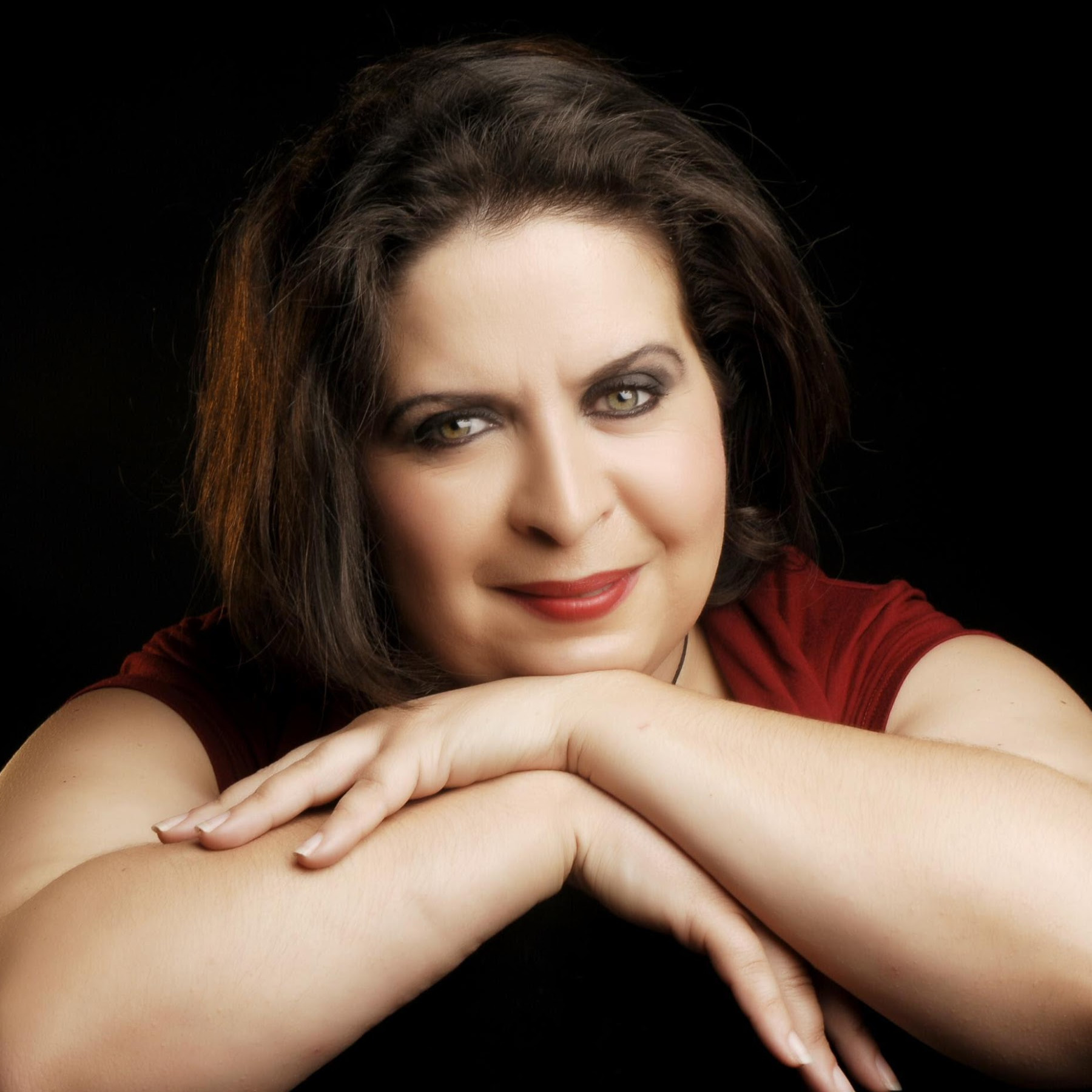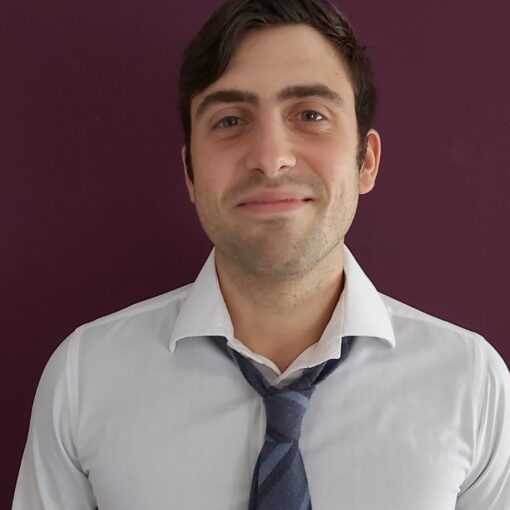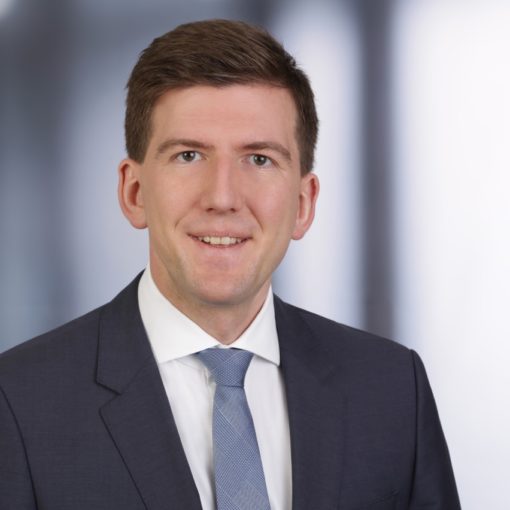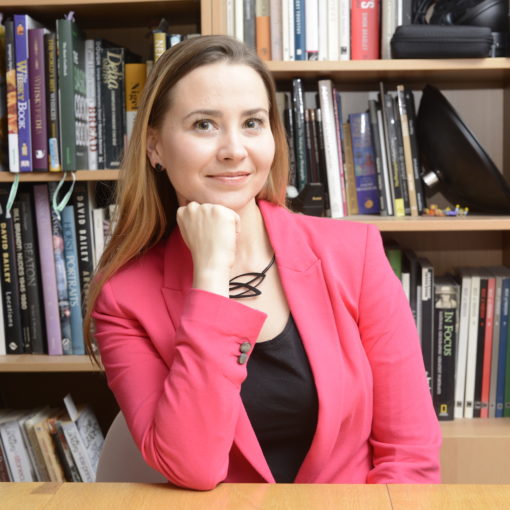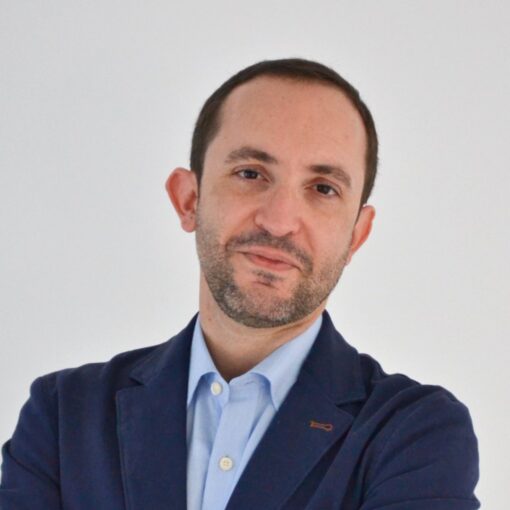PhD in Music (2013)
| Director | |
|---|---|
| Oxford Festival of the Arts (UK) | Three Palaces Festival (Malta) | |
Year entered into a non-academic position: 2009 [However, I have straddled across both – and still do]
Job highlight: Tricky to answer – there are too many wonderful things!
My research training set me up to… believe that academic rigour, the levels of observation and the analytical skills gained, and the way one presents ones arguments, filters into everything one does later on in life.
What’s your background?
My background is mostly in the Arts, particularly in Music (including my Doctorate), but I have also read for an MSt in Literature and Arts at the University of Oxford. As a musician I am primarily a conductor and orchestrator. In general, I prefer calling myself an interdisciplinary artist as I have a passion for coalescing the arts and for curating multidisciplinary experiences.
Why did you move away from academia?
It actually kind of “just happened”. While I was doing my PhD I was asked to run a contemporary music festival in Canterbury – and it all grew from there. I would never say that I have actually “left” academia though. Apart from my Director roles and my Conducting positions (one of which is at Queen Mary University of London – so still with ties to Education), I always keep up the research and the links with academia.
Is there anything you miss about academia?
I perhaps miss the general constant learning environment and the excitement of discovery and the “conversation”. However, I still have very strong ties – and will always want it to be that way.
How did you get this job?
This particular role (Oxford Festival of the Arts) was an advertised position. I was previously Artistic Director of the conservatoire in Manchester – the Royal Northern College of Music – both as an arts centre as well as a conservatoire; so, as you can see, I have always maintained my links with education. Before that, everything kind of evolved “organically” – I was asked to run the contemporary music festival (classical contemporary) while doing my PhD – I guess, because I was doing a PhD; and everything seemed to grow more and more from there.
Did you think you had the skills required for your current position before you started? Were you right?
For this role? Yes (even though you are always learning and discovering new things; and one should never be presumptuous, or complacent). For my first role, I knew I would give it my absolute all, but was never “ultra-confident” to start with. I just knew I wanted to work my socks off to make it a success, and I felt a sense of pride and great satisfaction in doing so. I guess anyone who has a bit of modesty would feel this way.
The levels of detail and depth that becomes second nature when researching, thankfully never goes away!
How did your PhD prepare you for your current job? For example, what were the transferable skills that you developed during your PhD that are most relevant to your current job?
There are so many. I would say the levels of observation, the way one analyses things, the way one presents one’s arguments. I have written countless strategic documents, funding applications, proposals and partnership agreements. I have devised massive programmes and very intimate ones, curated site-specific performances, and created “experiences” – all with intricate lace-like structures (perhaps invisible to the naked eye) underpinning all. My reading of scores is a big part of my practising musician life. The levels of detail and depth that becomes second nature when researching, thankfully never goes away!
Did you have any preconceptions about your sector that proved to be wrong?
I do not think so.
Can you describe a typical week in your job?
This is very difficult to do. No week is the same – no day is the same. I think that is what I like about it. I have my “research” period – which I love; my “concocting” period (which I also love); my creating partnerships period, my fundraising, my vision and strategy constantly “there”, my marketing period, my more logistical period, my “practitioner” period (actually being a musician, for example); my writing period; my constantly learning and discovering new things time. Every day is different. One learns to prioritise and one learns to be flexible and adjusts oneself accordingly.
What’s the workplace culture like?
I try to create a “relaxed” and positive culture wherever I am. I believe very much in teamwork and in allowing for a strong sense of “ownership” across the team.
What are your favourite parts of your job?
The fact that the Arts make a difference.
What are your reflections on your (future) career path?
I think I move “organically” – if one can say that. I always love what I do at the time. If at any point I feel I am not, then it would probably be time to move on. I am not the type of person who is constantly looking for a new role or path; but I constantly want to grow and discover new things – be in at work or elsewhere. I think one should be where one feels they can make a difference; and I feel very privileged to be working in the Arts.
I have always told myself never to allow myself to say “what if”. I believe we can make a difference wherever we are – be it in academia or not. I believe one must always strive to achieve the best of what one can do – and I do think it does not necessarily have to be in academia.
Do you have any advice for current graduate students and postdocs considering a career outside of academia?
I have always told myself never to allow myself to say “what if”. I believe we can make a difference wherever we are – be it in academia or not. I believe one must always strive to achieve the best of what one can do – and I do think it does not necessarily have to be in academia. I have been published after I left academia. One thing does not preclude the other. There is so much “good” that we can do – and I feel it is a duty to take that, to as many places as we can. I would say never let the want and excitement of discovery go away – wherever you choose to be.
Can you recommend any relevant resources, organisations or events that might help somebody new to the sector find out more about it?
There are so many, I would not wish to be seen as advocating for one or the other, or missing someone out. Everything is so much simpler nowadays with online technology. But, as many of my ex-students or colleagues would say, I am always happy to meet up with anyone and have a chat.

